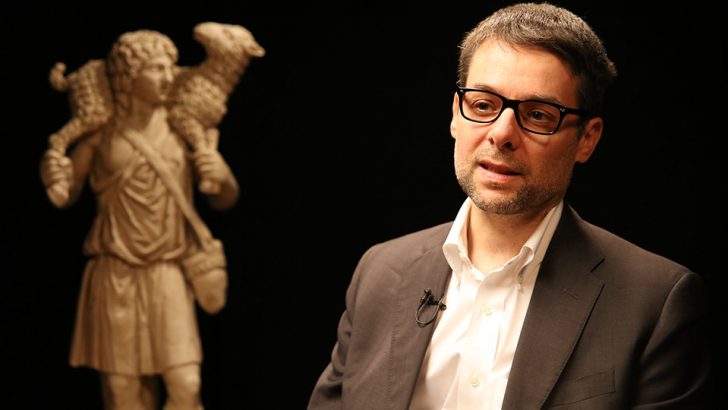A prominent theologian and advocate for Church reform has said the Vatican decision to bar former President Mary McAleese from speaking at a conference is “understandable”.
However, Dr Massimo Faggioli, Professor of Historical Theology at Villanova University in the US believes that “whoever barred Mary McAleese from taking part in a major international conference on women’s rights in the Vatican made a mistake”.
It emerged late last week that the organisers of a forthcoming conference in Rome had to move the venue from the Vatican after Cardinal Kevin Farrell objected to Mrs McAleese and two speakers.
Prejudice
Prof. Faggioli believes that at least some of the suspicion of Mrs McAleese in Rome is rooted in prejudice. “It is clear that a very powerful woman like her annoys some clerics in the Vatican, for many reasons. Some of them are bad reasons, such as sexism, but other reasons are more understandable.”
According to Prof. Faggioli, a prominent voice for reform in the Church, some senior officials in the Vatican might “perceive it as unfair for a powerful politician and stateswoman to use her political visibility in order to push an agenda in matters that are perceived as the internal affairs of the Church”.
He cited the examples of other prominent Catholic political figures such as John Kerry in the United States or Roman Prodi in Italy who “have ideas about what is wrong in the Catholic Church – their Church – but they don’t use their political visibility to push a theological agenda”.
Referring to Pope John Paul II and the former German Chancellor Helmut Kohl, Prof. Faggioli pointed out that “there were some differences between Mr Kohl’s German Catholicism and John Paul II’s view of the Church”.
However, he said that Mr Kohl “never tried to lecture the Vatican about theological issues and not because he did not have opinions about Catholicism”.
Prof. Faggioli said it is important to point out that former heads of state and prime ministers who are Catholic “are not exactly ‘lay Catholics’ like all other lay Catholics, and the Church reasonably expects of them a certain savoir faire.”
He insisted that “Catholic politicians speak with an investiture and legitimacy that is different from the one of a theologian or an ordinary lay Catholic.”
Referring to Mrs McAleese’s reaction to the Synod of Bishops which tackled complex issues facing the family, Prof. Faggioli said “labelling those who did not agree with her as ‘conservative dogmatic theologians’ is not what the Vatican expects from a former head of state.
“Having a degree in theology or canon law does not change this perception that a politician is using his or her political persona to advocate an agenda in the Church,” he said.


 Michael Kelly
Michael Kelly Massimo Faggioli
Massimo Faggioli 